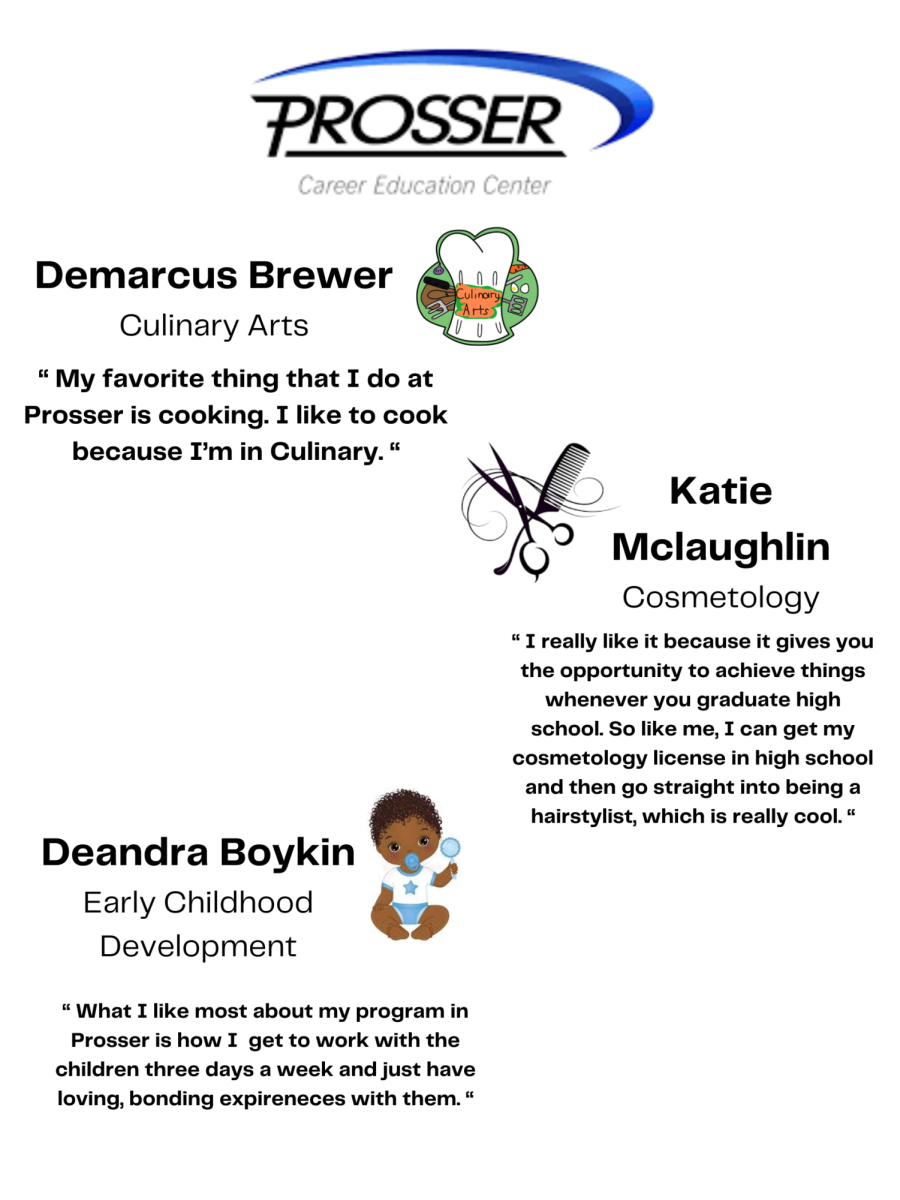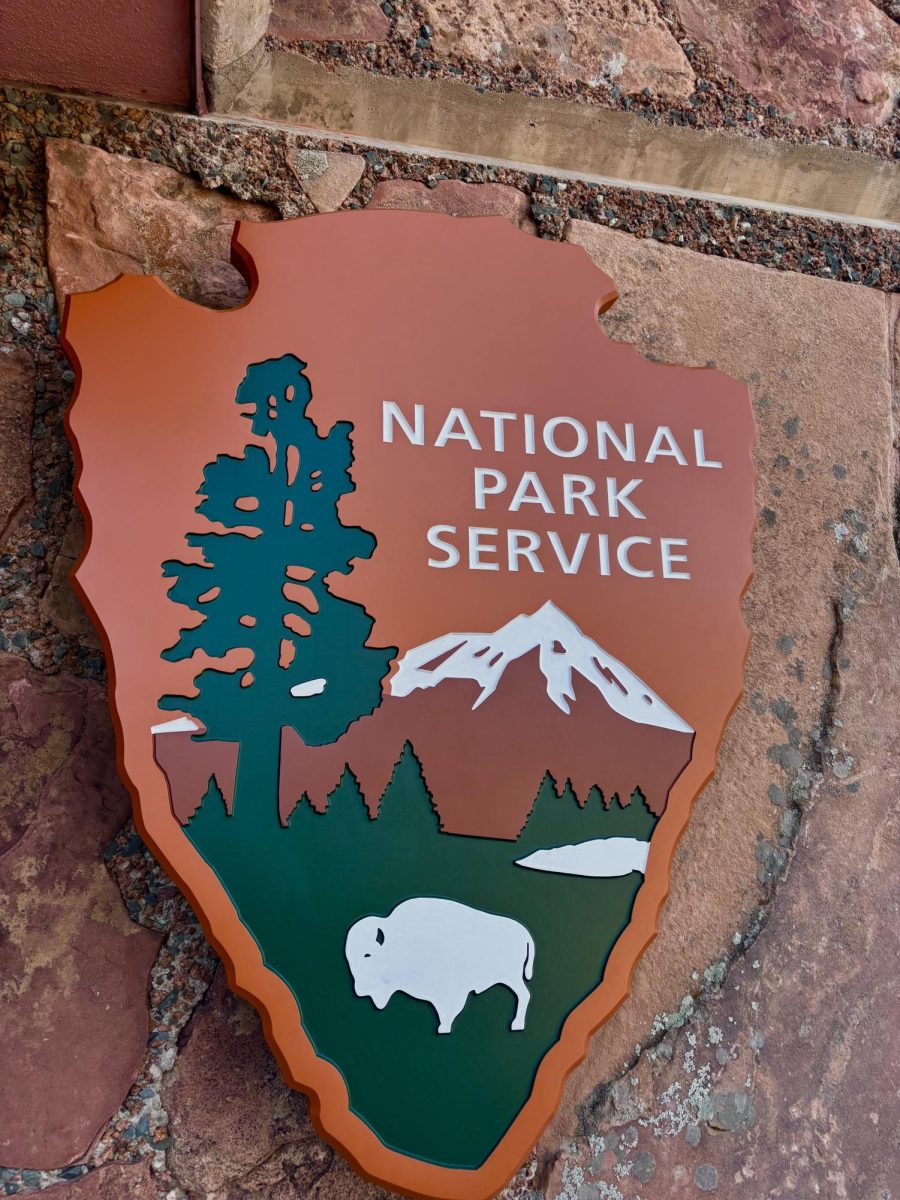By: Celeste Nevil
The year is almost over and with the end of the year comes the beginning of finals. When finals come along, busy schedules and schoolwork keep a student from studying, but so do bad studying habits. Although remembering subject matter for tests can be difficult, there are many different ways to study and remember information.
It is important to read directions carefully when taking importants tests. Reading the directions will also prevent easy mistakes from happening. Notes, worksheets and homework will help a student prepare for finals, according to an article by Study Guides and Strategies.
“Have good note-taking skills.” social studies teacher Mr. Bob Dusch said. “By taking good notes you’ll have a better understanding of what you’re studying.”
It’s also important to study only the things that seem difficult. Don’t waste time on something that comes easily. Also making up songs, abbreviations, and acrostics can be just the trick needed to make something in the brain click, according to an article by Memory Tips and Test Taking Strategies,
“Don’t wait until the last minute to study,” Dusch said. “Start studying now and develop good study habits.”
There are many significant things to remember when taking finals. It is important that information makes sense as teachers teach it. This will help pinpoint what is confusing. Make flash cards. It is an effective and easy way for a quick review. Have materials. Not having a pencil or a calculator takes away testing time and is distracting. Rephrase difficult questions to make something easier to understand. This can really help since most of the time, difficult questions are formed to trick the reader when in reality, they are really easy.
It’s also important to prepare the body for a long day of testing.
“Always eat a good, healthy breakfast on the day of finals,” guidance counselor Mrs. Natalie McGarvey said. “Eating a good and, of course, healthy breakfast will help you be more focused.”
When getting to the test itself, use the process of elimination on confusing questions. Eliminate the answers that are clearly wrong and then think of which could be right. Still lost? Take a guess. There are no penalties for guessing. Don’t linger on difficult questions. Time is limited, so skip the tough ones and answer the easier ones first. If there is still time, come back to it and give it a good shot. With true/false questions, words like “always” and “never” usually indicate a false answer, according to an article by Student Services.
Other teachers suggest playing review games to spice lessons up.
“Play games like jeopardy to make studying fun,” science teacher Mrs. Shannon McIntyre said. “Guided review sheets are usually good to study because tests are usually formed from the information on them.”
Remember: when studying, it is best to study in a quiet place where it is not easy to be distracted by a cell phone, iPod, TV or anything else technological. Study things that are hard and make up ways to remember them. Make a schedule of the best times to study, remember to also throw in breaks. Making a schedule will make studying easier, especially if it involves going to a friends house for a last minute study session or the library for some extra quiet time, according to Bright Hub website.
“Form a study group with friends,” senior counselor Mrs. Laura McGuirk said. “There’s a good chance someone might know something you’re having trouble with. And if you need extra help, try online tutoring.”
Smart study habits really last.
“Always study your notes and chapter summaries,” McGuirk said. “By developing good study habits and skills now, you’re not just helping yourself in high school, but they will help you in college too.”
Although it’s easy to freak out, as finals creep up, these tips will help students to relax and pass their tests with flying colors.






